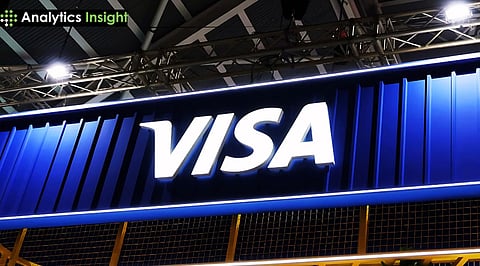

Visa has announced the launch of a pilot program that allows businesses to prefund transactions with stablecoins using Visa Direct, its real-time payments service, at SIBOS 2025. This project aims to enhance cross-border transactions by enabling financial institutions and businesses to utilize stablecoins for international payouts, thereby replacing traditional fiat currencies.
The pilot offers a new option to the traditional approach of holding large fiat balances in local accounts for international payments. By accepting stablecoins as equivalent to funds on deposit, Visa's solution allows instant payouts while limiting the capital required to remain idle in multiple currencies.
Visa highlights that the stablecoin prefunding option can improve liquidity management. Businesses no longer need to lock significant amounts of money in advance, which enables more dynamic treasury operations. Instead of waiting days for cross-border settlements, institutions can move funds within minutes, creating faster access to capital.
Stablecoins also add predictability in settlement. Since these tokens are pegged to stable assets such as the US dollar or government securities, they reduce exposure to currency volatility in different regions. This consistency allows financial institutions to stabilize operations and plan more effectively.
The pilot focuses on enabling banks, remittance firms, and other financial institutions with high transaction volumes to test stablecoin prefunding. Businesses participating in the program pre-fund their Visa Direct accounts with stablecoins, which Visa counts as “money in the bank.” The funds then become available for payouts in local currencies, ensuring that end recipients continue to receive traditional money.
Visa is working with selected partners that meet pilot criteria, with broader expansion expected in 2026. The company noted that the pilot builds on its commitment to advancing money movement by combining blockchain technology with its global payments infrastructure.
This initiative comes amid the rising acceptance of stablecoins by major financial players. The recent passage of the GENIUS Act in the United States, which established clear rules for stablecoin issuers, played a significant role in legitimizing their use. Visa executives indicated that regulatory clarity encouraged institutions to adopt stablecoin technology as part of their payments infrastructure.
Industry observers say that stablecoins are evolving from a niche crypto tool to a fundamental part of financial infrastructure. Nevertheless, some analysts view their adoption as a threat to traditional banks. Visa's pilot shows a strategy that incorporates stablecoins into existing payment systems rather than replacing them.
